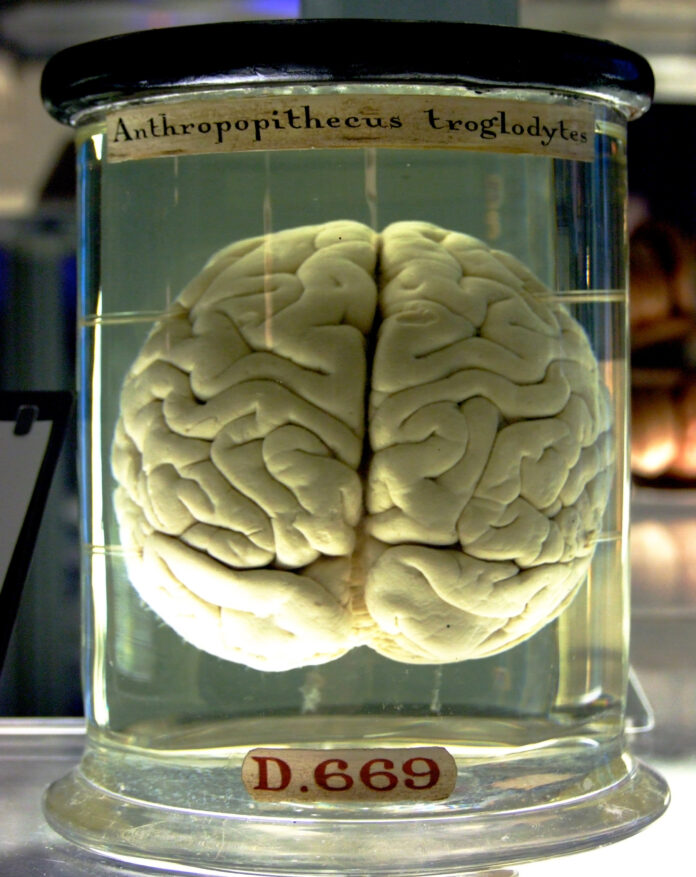The brain is the central processing unit of the nervous system, and it is the most complex organ in the human body. It is responsible for controlling and coordinating the body’s functions, as well as processing and integrating information from the senses. The brain is made up of three main parts: the cerebrum, the cerebellum, and the brainstem.
Brain Parts
The cerebrum is the largest and most complex part of the brain, and it is responsible for many of the brain’s higher functions, such as thinking, learning, and memory. It is divided into two hemispheres, the left and right, which are connected by a structure called the corpus callosum. The cerebrum is also divided into four lobes: the frontal lobe, the parietal lobe, the temporal lobe, and the occipital lobe. Each lobe is responsible for different functions, such as movement, sensation, and vision.
The cerebellum is located under the cerebrum and is responsible for coordinating movement and balance. It is also involved in some cognitive functions, such as learning and memory.
The brainstem is the lower part of the brain, and it connects the brain to the spinal cord. It is responsible for controlling many of the body’s basic functions, such as breathing, heart rate, and blood pressure.
Facts about the brain:
- The brain is made up of approximately 100 billion nerve cells, or neurons, and trillions of supporting cells called glia.
- The brain is the most complex organ in the human body, and it is capable of processing vast amounts of information.
- The brain is the center of the nervous system and is responsible for controlling and coordinating the body’s functions.
- The brain is divided into three main parts: the cerebrum, the cerebellum, and the brainstem.
- The cerebrum is the largest and most complex part of the brain, and it is responsible for many of the brain’s higher functions, such as thinking, learning, and memory.
- The cerebellum is located under the cerebrum and is responsible for coordinating movement and balance.
- The brainstem is the lower part of the brain, and it connects the brain to the spinal cord. It is responsible for controlling many of the body’s basic functions, such as breathing, heart rate, and blood pressure.
- The brain is protected by the skull and is cushioned by fluid-filled spaces called meninges.
- The brain is constantly active, even when we are asleep, and it consumes a significant amount of energy. In fact, the brain makes up only 2% of the body’s weight, but it uses about 20% of the body’s energy.
- The brain is capable of learning and adapting throughout life, a process known as neuroplasticity.
- The brain is affected by various factors, including genetics, environment, and experience, and these factors can influence brain development and function.

